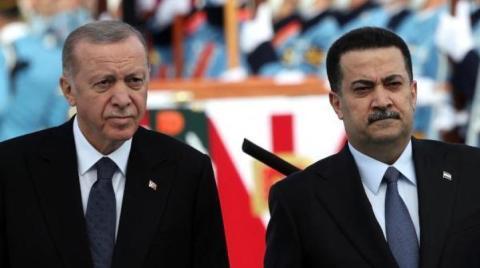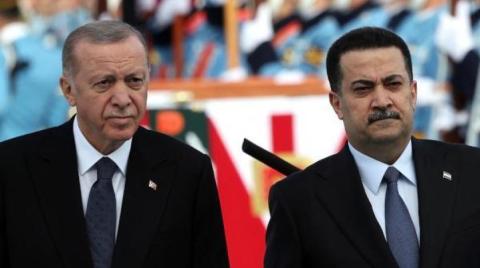
The courts of justice in Lebanon have been witnessing power and water shortage for several weeks, which has caused the suspension of court sessions several times, due to lack of air conditioning and ventilation and the difficulty of reading files and conducting interrogations.
Moreover, dozens of detainees in the cells of the underground justice palaces are suffering from lack of ventilation and water disconnection in the toilets, in addition to unpleasant odors in their cells, leading to suffocation cases among many of them.
This situation is critical at the Palace of Justice in Baabda (Mount Lebanon), which is already lacking the lowest health and sanitization standards, forcing the security personnel entrusted with surveillance to aid the detainees by primitive means.
Complaints are rising in the corridors of the courts, beginning with the judges - the so-called "Guardians of Justice" - who are fed up with the continuation of the crisis. A judicial source bitterly asked: “If the judiciary is incapable of redressing itself, how can it judge people?”
The source emphasized that water shortage and lack of hygiene in the lavatories and toilets could lead to a serious spread of diseases.
Lawyers are complaining about the delay of their clients’ trials and rely on their mobile phone lights to track files and review them in the courts and interrogation chambers.
The Ministry of Justice is responsible for managing the courts of justice at the administrative, financial, and logistical levels. But sources at the ministry told Asharq Al-Awsat that the crisis was mainly due to a severe damage of the internal power networks in courts of Beirut and Baabda (Mount Lebanon), which were no longer able to withstand the enormous pressure on the electricity supply, because of the increase in the number of offices of judges and court chambers.
The sources pointed out that the maintenance teams of Electricite Du Liban (EDL) have failed to repair the faults, because the internal network needed to be changed completely, which required a long time and very high financial costs.
They added that the ministry “opened the door to tenders with specialized companies to extend new networks and solve the problem.”











